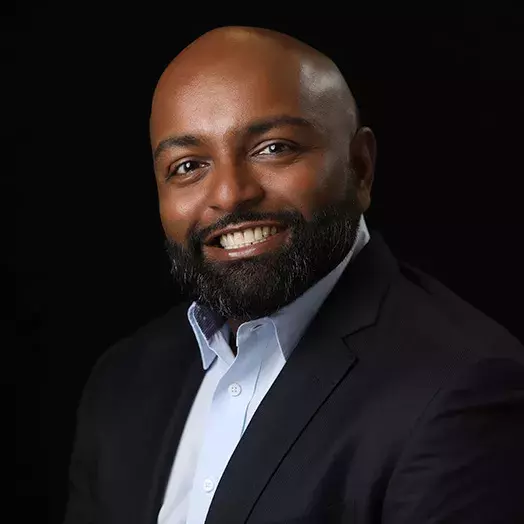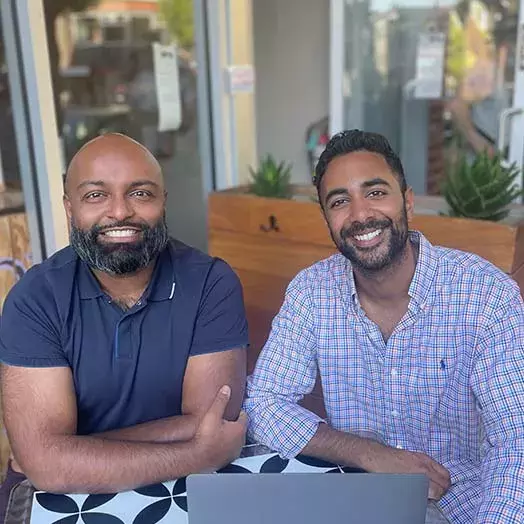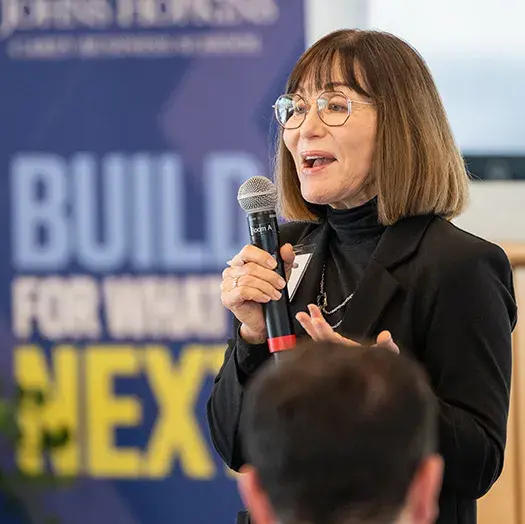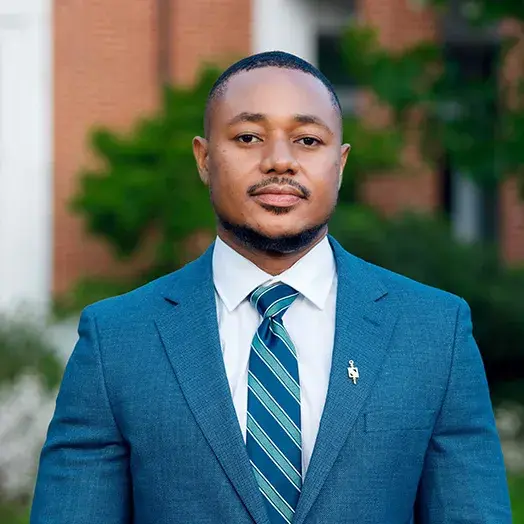
The doctor is in: A Carey alum’s commitment to bridge gaps and build connections
In order to close the gaps in health care equity, patients need to be at the center.
And that’s exactly what Abe Abraham, MD, (MBA ’15) is trying to do – bring power back to patients by putting them at the center of their health care journeys.
Abraham’s commitment to addressing these issues far outweighed his previous role in the biotechnology industry, where he was focused on the strategy, design, and delivery of immunological therapy. He wanted to focus on patients first, so he became an entrepreneur. With a patient-first approach, Abraham and his business partner, Shashi Shankar (MBA ’20) are advocating for sustainable and actionable solutions that will allow for patients to receive their personal health information in a simple and valuable way.
Questioning the hard facts
Abraham says he and Shankar approach problem-solving with boundless curiosity, one of Johns Hopkins Carey Business School’s core values.
“Conversations around patient inequity, specifically related to race, class, and gender, are becoming more mainstream. But we must go deeper than that,” Abraham said. “We have to evolve today’s siloed, solution-first health care approach into a multi-dimensional, patient-centric strategy. And that evolution begins with better data.”
Which is exactly why Abraham’s startup is focused on patient data. “While I can’t give away all the details just yet, our goal is to re-imagine what health data looks like,” Abraham said. “Now that patients have more access to their data than ever, we need technology that empowers them to take control back.”
Understanding global factors that contribute to certain health issues with more precise data could lead to a significant change in ensuring patients get the right treatment at the right time. Patients would be able to make informed decisions based on more than just their health information, and have the ability to advocate for care that is better suited for them.
For vulnerable populations, this level of awareness could be the difference between life and death. But Abraham says there is still work to be done.
“Our approach is about equity, not equality. Populations need personalized care to live healthy lives. For example, if a person of color responds to a drug differently than another population, that debunks the ‘one size fits all’ approach that is common in many parts of our health care system today.”
Staying connected to Carey
Deciding to stay connected to Carey was easy for Abraham. While it can be hard to find mentors for the career transition he made, Abraham was able to find mentors who emulated his values as a person of color with a nontraditional career route in the business of health.
“I’m committed to setting aside time to speak with MBA or MD students who are making that pivot because I saw firsthand the impacts a mentor can have on you, so I knew I wanted to provide the same resources,” Abraham said.
Mentoring students and alumni is just one of the reasons Abraham received the 2022 JHU Alumni Association Outstanding Recent Graduate Award. He is a member of the Dean’s Advisory Board, participates in the NEXT mentoring program for Carey’s full-time MBA students, speaks at panel discussions and other engagements, and regularly meets with alumni to discuss opportunities to strengthen the business of health.
Abraham says the value of joining Carey’s alumni network is immense and he’s felt the difference in his own career. Stemming from his experience and immediate shared interest with other alumni, he’s motivated to give back to a school that sees a future for students passionate to build for what’s next. He also appreciates the ability to collaborate on new initiatives.
What to Read Next

career outcomes
A joint venture: MBA alums co-found stealth startup to tackle the gaps in patient equityAn alumni network is a personal and professional support system. Finding that support across industries, Abraham says, is one of the best ways to diversify your understanding and become successful.
“I appreciate the cross-collaboration much more now because I’m able to interact with individuals from different industries and different schools within Johns Hopkins because of my network,” he said.
What’s next in the business of health
Abraham says that digital health is top-of-mind and will make a big impact on the future of the business of health. And he believes the pandemic forced open the gates to a more equitable patient experience through digital health services like remote clinical visits and patient portals.
But these services are just the beginning.
"Patients are now informed, but they remain limited participants as it relates to their care. We see patients as more than supporting characters. We envision them as the true authors of their health story.”


